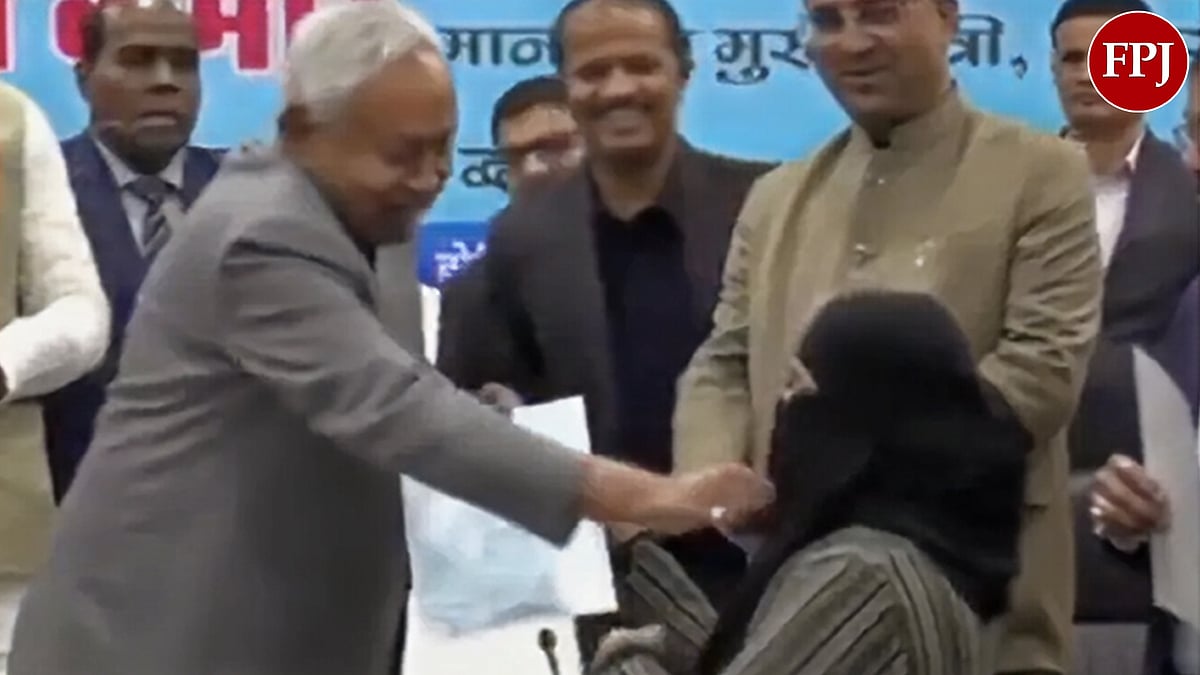The agitation of farmers from Punjab raises important issues relating to Indian agriculture and farmers’ welfare. Through most of the period after Independence, our farmers have been at the receiving end of the misplaced license-permit-quota raj. The inherent bias of Indian policymakers in favour of depressing agricultural prices at the cost of farmers has transcended political divisions. The market and price signal were never allowed to function, and producers were systematically impoverished. The irrational and corrupt restrictions on transport, storage and sale distorted the markets. Forcible procurement of food grains at sub-market prices undermined agriculture. Corrupt regulation, procurement and public distribution systems led to leakages, arbitrage and losses to the exchequer while inflicting pain on farmers. Trading restrictions within the country led to glut and depressed prices in some pockets and shortages and price rise in other pockets. Exports were often banned without regard to the impact on farm gate prices. Where there are shortages, in cooking oil, imports were freely allowed without tariff protection, leading to penury of farmers and potentially permanent dependence on imports.
Even in respect of non-perishable commodities, there is very little storage capacity or credit availability to enable farmers to withstand price volatility. Thirty per cent of perishable foods are wasted for want of cold storage and processing. Long, inefficient market chain gives farmers only 25-30% of the end price, while driving up the consumer prices. Retail chains, which would compress market chain and improve logistics, are notionally permitted into the market, but are discouraged in reality. As a result agri sector is deprived of logistical support, storage, processing and meaningful entry into export markets. The list of the Indian state's failures – acts of commission and omission – resulting in distress to rural and agricultural sector is endless and heart-rending.
But the remedy does not lie in further distorting markets and legislating procurement and MSP. Until about 2006, coercive procurement of food grains at sub-market prices was the norm. Ever since the MSP has been raised above market prices for certain varieties of food grains, there has been increasing demand for procurement. While the earlier interventions mostly depressed market prices, assured procurement of cereals at high MSP now has created a perverse incentive distorting price signals. As a result, we have overproduction of cereals and glut in the market, while per capita consumption is falling with diversification of food consumption. While demand for fruits, vegetables, milk, eggs, meat and fish is growing rapidly, more and more farmers are incentivised to produce more wheat and rice! The area under rice cultivation has grown nearly nine-fold, from 5 M ha to 44 M ha, and under wheat grow three-fold, from 9.8 M ha to 29.8 M ha. Our food grains production this year is a record at 330 M MT. In this context MSP and procurement can only be short-term contingency measures to meet a crisis situation. Legislating mandatory procurement at unsustainable prices is devoid of logic and reason.
Governments should frame pragmatic, rational, intelligent policies to ensure good price to farmers and crop diversification to suit the changing demand pattern. Working against the price signals and continuing perverse incentives disregarding market demand will make farmers permanently depend on government intervention at an unaffordable cost. According to the 2023-24 Interim Budget estimates, the gross revenues of the Union barely meet all transfers to states, interest payments, salaries and pensions. The Union has to borrow even for subsidies (mostly fertiliser and food) and various welfare programmes. There simply is no fiscal cushion to allocate the vast sums required in perpetuity if statutory entitlements are created to procure agricultural products at above-market prices.
The answer lies in removal of all regulation depressing farm gate prices, giving judicious price protection from low-cost imports, strengthening storage and credit system to withstand price volatility, promoting value addition, encouraging retail chains to compress market chain, and boosting exports. The three farm laws enacted in 2020 were in the right direction to allow better prices to farmers, but distorted public discourse, inept political management and knee-jerk reaction of parties led to their withdrawal in 2021.
The demands of Punjab farmers in the current agitation show how the long-term interests of farmers and the nation are ignored in our politics of protest. Debt waiver, withdrawal from WTO, repeal of electricity law, ban on free trade agreements etc show that the genuine distress of farmers is channelised in an unproductive manner. Clearly, doctrinal rigidity and antediluvian mindsets are arguing for more of the same failed and retrogressive policies instead of building . better future with greater incomes to the farmers. The Union government banned rice export and eliminated tariff on palm oil import in the wake of Russia's invasion Ukraine. That the Punjab farmers’ demands do not even touch such issues shows that the local-specific problem is made into a national issue, and the leaders of protest and their interlocutprs do not really have a coherent agenda for farmers' welfare.
The governments and political parties need to evolve a long-term, coherent strategy to address the real rural and agricultural distress. In addition to comprehensive approach to agriculture, we need to focus on quality school education and healthcare without out-of-pocket expenditure, and small town development and in situ urbanisation to create non-farm jobs close to the villages. Given a choice, most farmers want to quit agriculture. Forty-five per cent of India cannot be sustained with 18-20% of GDP share. While many of the demands of Punjab farmers are misplaced, the protest should be a wakeup call, and the rural and agri-sector crises needs to be addressed resolutely.
The author is the founder of Lok Satta movement and Foundation for Democratic Reforms. Email: drjploksatta@gmail.com / Twitter@jp_loksatta









